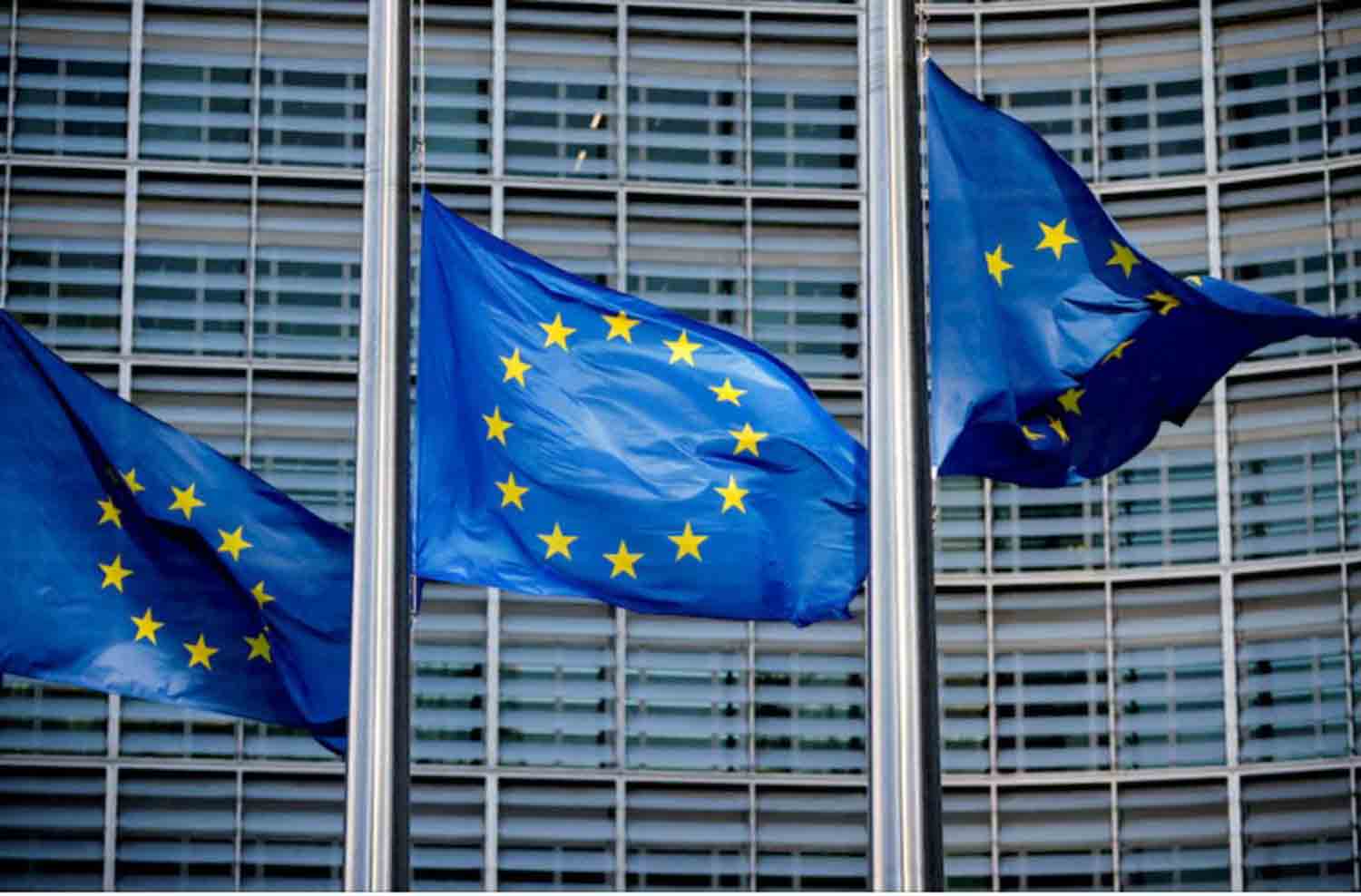The United States and Israel are preparing to hold a strategic meeting regarding Iran‘s nuclear program as President Donald Trump’s administration intensifies its maximum pressure strategy against Tehran.
The Trump administration aims to diminish the volume of Iranian oil exported to China, which is by far Iran’s largest crude oil buyer.
On Thursday, the US imposed sanctions on a refinery located in Shandong Province, eastern China, as well as on vessels supplying oil to Chinese facilities associated with the Houthis in Yemen.
The focus of these sanctions is on “Teapot refineries,” which are small, privately owned refineries in China that process Iranian crude oil.
State Department spokesperson Tammy Bruce stated, “These sanctions are part of President Trump’s maximum pressure campaign to reduce Iran’s oil exports, including those to China, to zero.”
She emphasized that “China is the largest importer of Iranian oil,” noting that Tehran utilizes these oil revenues to “finance attacks” against US allies and to support “terrorism.”
This marks the fourth round of sanctions imposed by Trump on China.
In January, Reuters reported that China’s state-owned Shandong Port Group had begun blocking tankers that were under US sanctions, which dealt a significant blow to Iran, whose aging shadow fleet transports most of its oil to China.
Trump’s two-month ultimatum for an agreement
The sanctions initiative coincides with reports from Axios indicating that Israel and the United States are set to convene to address Iran’s nuclear program.
Trump and Israeli Prime Minister Netanyahu have previously met at the White House to discuss matters concerning Iran. This particular working group was formed in 2009 during the Obama era.
The relationship between the Obama administration and Netanyahu’s government was fraught with conflict, particularly regarding the 2015 nuclear agreement, which reached a peak when Netanyahu addressed Congress to criticize Obama’s diplomatic efforts with Iran.
Trump presents a new challenge for Netanyahu, who firmly opposes any nuclear agreement.
In January, Trump eased the pressure he had placed on Netanyahu to achieve a ceasefire in Gaza. He has authorized expedited arms sales to Israel, including 2,000-pound bombs that were previously delayed by the Biden administration. Additionally, he has expressed US backing for Israel’s renewed military actions in the Gaza Strip.
On the issue of Iran, Trump is adopting a hardline stance.
In addition to the sanctions, earlier this month, Israel and the US carried out a joint air force exercise in the Eastern Mediterranean, which featured long-range bombers. Analysts interpret this drill as a signal to Iran regarding the US’s readiness for a possible strike on Tehran’s nuclear sites.
Simultaneously, Trump has expressed his desire for a nuclear agreement. In March, he disclosed that he had sent a letter to Iran’s Supreme Leader, Ayatollah Ali Khamenei, requesting discussions.
“There are two approaches to dealing with Iran: through military action or by negotiating a deal,” Trump stated. “I would rather negotiate because I have no intention of harming Iran. They are wonderful people.”
Axios reported on Friday that Trump’s letter included a “two-month deadline for establishing a new nuclear agreement.”
Tensions between Iran hawks and isolationists
During his live annual televised address on Friday, which coincided with Nowruz, the Persian New Year, Khamenei remarked that US threats against Iran “will lead to nowhere.”
On Thursday, Iranian Foreign Minister Abbas Araghchi characterized the letter as “more of a threat,” while also suggesting it might present some opportunities.
Araghchi noted that Tehran is currently considering its response, which will be announced in the coming days.
To date, Trump’s diplomatic efforts have not instilled much confidence in Iran regarding the potential for initiating talks.
The White House angered both Israel and the Washington establishment by engaging in direct discussions with Hamas. However, in response to the backlash, the Trump administration quickly shifted its stance, supporting Israel’s military actions in Gaza. Trump also withdrew the nomination of his envoy who had met with Hamas, with his approval.
In Ukraine, despite portraying himself as a “peacemaker,” Trump has struggled to facilitate a ceasefire between Ukraine and Russia, even though Kyiv has expressed willingness for a truce.
Next week, a meeting in Washington will bring together US and Israeli officials, including Prime Minister Netanyahu’s key advisors, Strategic Affairs Minister Ron Dermer and national security adviser Tzachi Hanegbi.
Dermer, known for his hardline views on Iran, was previously barred from the White House during the Obama administration, according to a former US official speaking to MEE.
On the US side, Trump’s national security adviser, Mike Waltz, will participate, accompanied by representatives from the State Department, the Pentagon, and the US intelligence community.
Discover more from Defence Talks | Defense News Hub, Military Updates, Security Insights
Subscribe to get the latest posts sent to your email.





